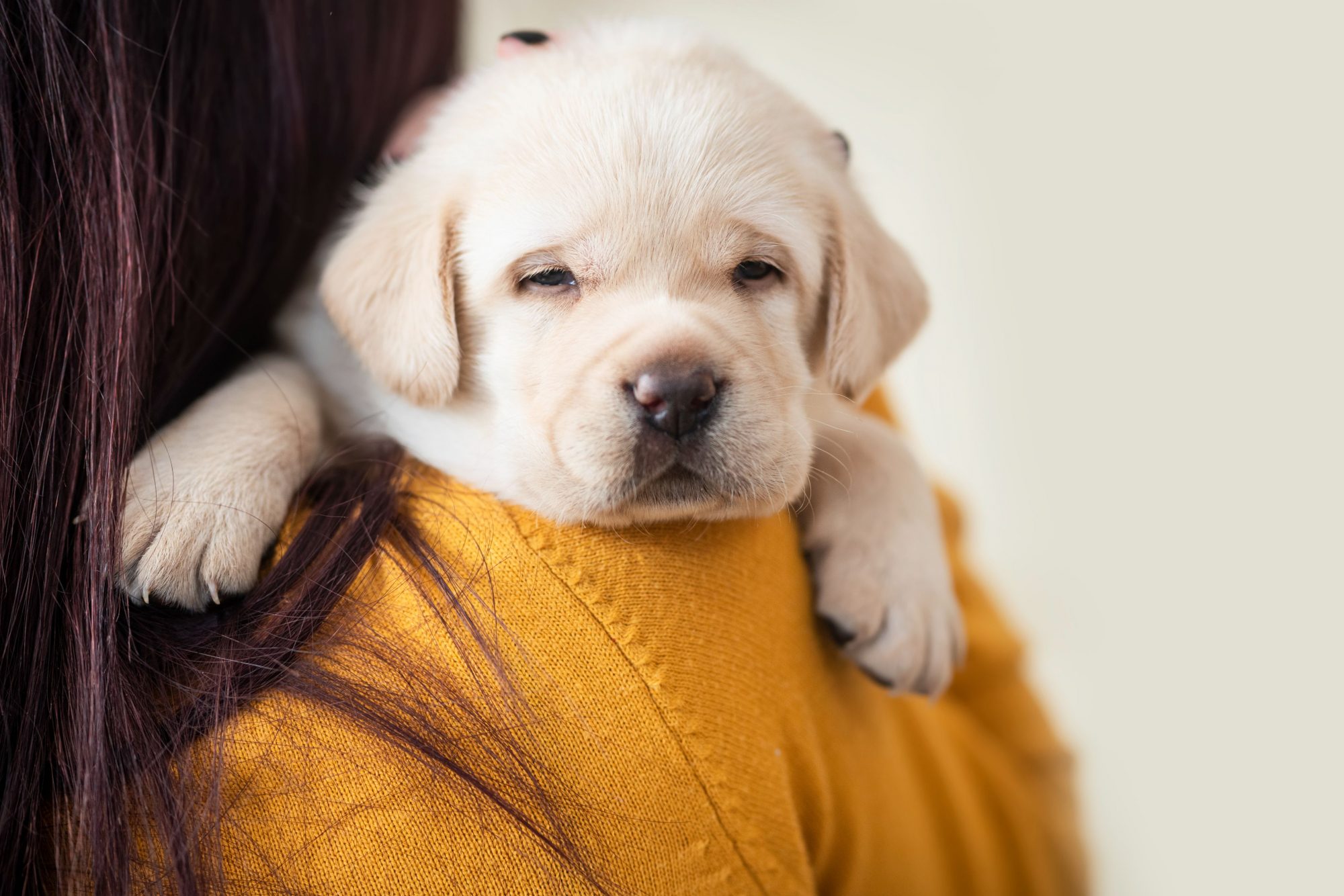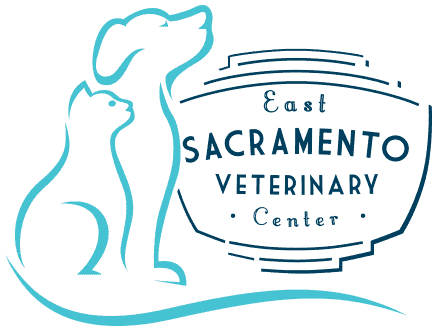Prepare For and Support Your Puppy’s First Year

The weeks leading up to and shortly following the adoption of a puppy are nothing less than promising. With so much to look forward to (long walks at the park, fun afternoons at the beach, camping, road trips, and life-affirming snuggle time), you can almost forget all the hard work that goes into your puppy’s first year. It is an incredible journey, and we’re here to support you and your new puppy every (baby) step of the way.
The Honeymoon Period
It’s not easy to see beyond the cuteness, but to truly tackle the undertaking that is your puppy’s first year, it’s essential to remain realistic about your goals and expectations. Since a new puppy can upend any sense of household order or decorum, start at square one: their safety.
Puppy proofing is best when completed in advance, or at least before you bring your puppy home. They can get into the wildest predicaments sometimes, that can often be avoided by getting down on the ground to see your home from their point of view. Since they will chew on anything they can find, remove all cords, choking hazards, plants, shoes, and really anything else from the floor.
The Right Stuff
Just like human babies, puppies require a good amount of stuff. To help them adjust to and accept their new home, purchase an inviting, comfortable bed, crate, chew toys, food/water bowls, collar, leash, and ID tags. If you have kids or other pets at home, outfit your new puppy in a separate room for a few days until positive, slow introductions are made. Baby gates or a crate can keep your puppy in an area that is easy to clean up between bathroom breaks.
The Daily Routine
Your puppy’s first year should involve a consistent routine that includes bathroom breaks every 2-3 hours and 2-4 meals a day. As they grow, you can adjust these a bit, but they should be able to predict what’s going to happen next.
Positive reinforcement training will be essential to both housebreaking and socialization. Offering praise and a healthy treat directly following good behavior will help them make positive associations. Do not react when they do something wrong, such as peeing inside the home. Ignoring bad or negative behavior, while rewarding the good, will teach them the proper ways to behave.
After they are fully vaccinated at about 16 weeks of age, you can slowly start to take them out to public places. Again, reward them when they behave the way you want them to, and ignore unwanted behaviors. Never force your new puppy to experience strangers, loud activities, crowds, traffic, or other unpredictable stimuli.
Socialization can also go hand-in-hand with obedience training, or puppy preschool. These courses teach life-saving commands, and also serve as a way for your new puppy to meet other dogs.
Your Puppy’s First Year
Your puppy’s first wellness exam should occur within the first few days of adoption. A thorough physical examination, deworming, and a round of vaccinations are crucial to their health. We can also discuss the importance of spaying/neutering, microchipping, parasite prevention, diet/nutrition, behavior, and so much more.
We can’t wait to meet your new puppy and help them achieve lifelong vitality and happiness. Please call us at (916) 737-5670 or make an appointment here.
